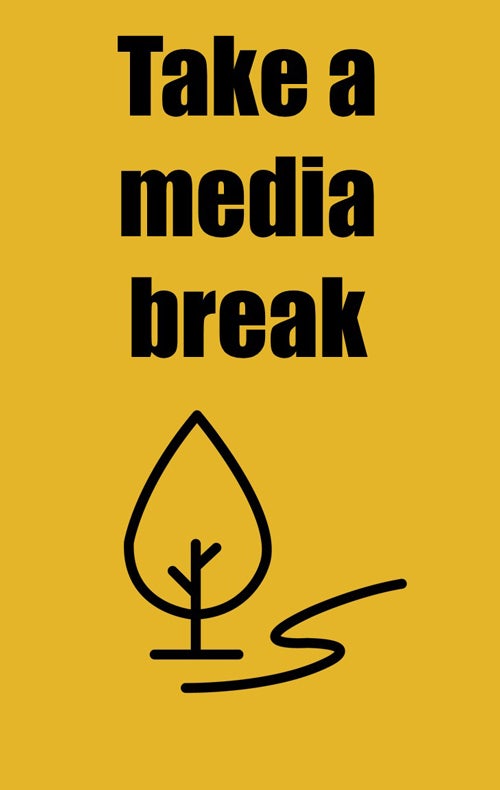News by audience
- Current students (3)
- Future students (2)
- Faculty (3)
- Staff (3)
News archive
An article by Liaison Librarian, Rachel Figueiredo.
I'm working with Library Communications to run a campaign that will help our users navigate the overwhelming amount of information online related to COVID-19.
As I've been scrolling through endless news articles about COVID-19, I find myself practicing some important information literacy concepts, similar to those we teach in class to students, to cut through the noise. I realized the Library has a unique opportunity to share some best practices with our users to help them find quality information and ease some anxiety related to information overload. After reaching out to library staff, we curated a list of tips to help ease information overload anxiety, as well as a guide with some of our favourite credible sources for keeping current.
New online resource available
The social media campaign to help users combat anxiety related to information overload officially launched last week, and our top tips are listed below. Each of the social media posts directed users to a new research guide, Navigating COVID-19 Information Overload, which includes the crowdsourced list of resources that our library staff members frequent to find credible information on this topic. This is certainly not an exhaustive list of credible sources, but hopefully it's a jumping off point for the University community to find reliable news, data, standards, and more.
Refresh your feed less
With news breaking every few minutes, it can be tempting to refresh your feed constantly to stay up to date. It can also be really overwhelming. Instead, choose a few times a day to check the news. If you can't resist the temptation, turn off notifications.
Choose your news wisely
Not all news sources are created equal. Curate your news feed to showcase reliable content, such as the CBC, CTV, or the Globe and Mail. PressReader is a great library database to check out newspapers, including international content, but many sources are also making their coronavirus content freely available.
Opinions are not facts
It can be tempting to get caught up in coronavirus conversations on social media, but remember that those comments are someone's interpretations of the facts. Do your own reading, read carefully, and give your attention to the content that deserves it.
Seek positive stories
COVID-19 has brought a lot of anxiety and uncertainty, but there are positive stories out there if you look for them. Look for the helpers!
Ignore the bait
Many search engines and websites will send you similar results to what you've previously clicked and read. Avoid buzzy headlines and sources you don't recognize from the start.
Take a media break
Even though our devices make it easy to stay informed, remember that it’s okay to disconnect. Be honest with yourself, your friends, and your family about when you need a break from the news.





